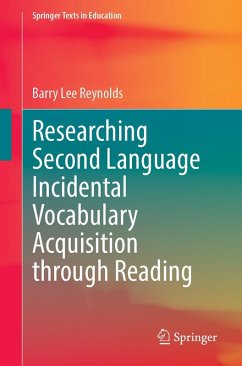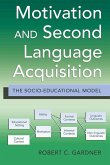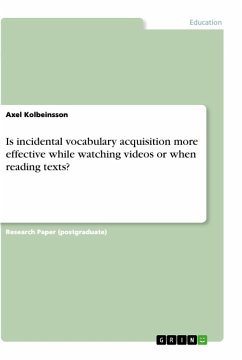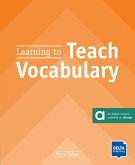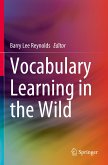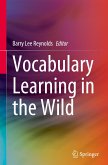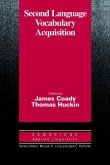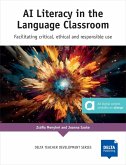This book provides a thorough review of important incidental vocabulary acquisition issues so as to provide readers with a starting point to quickly gain access to an overview of what has been published up until this point. It shows examples of how to go about conducting incidental vocabulary acquisition research. It critiques particular methodologies that have been used in previous studies and thereby challenge future researchers to innovate. When possible, particular studies are used for these critiques so that readers can become aware of the issues that they should take care of when designing their own studies. Lastly, this book suggests future directions for the field of incidental vocabulary acquisition.
An extensive reading program is the heart of a well-designed language course, and one of the many reasons for this is that it provides opportunities for substantial vocabulary learning. Researching Second Language Incidental Vocabulary Acquisition through Readingis a carefully organised guide to researching such learning. The book draws on a large amount of research to cover a list of the critical factors to consider when designing research on incidental vocabulary learning from reading. The book is organised in such a way that it can be read in its entirety or used as a reference book to check particular factors in design. An important strength of the book is that it is written by a practising researcher, teacher-trainer and editor who is very familiar with carrying out and publishing such research. This is a very valuable resource for researchers and supervisors.
Paul Nation, LALS, Victoria University of Wellington, New Zealand
An extensive reading program is the heart of a well-designed language course, and one of the many reasons for this is that it provides opportunities for substantial vocabulary learning. Researching Second Language Incidental Vocabulary Acquisition through Readingis a carefully organised guide to researching such learning. The book draws on a large amount of research to cover a list of the critical factors to consider when designing research on incidental vocabulary learning from reading. The book is organised in such a way that it can be read in its entirety or used as a reference book to check particular factors in design. An important strength of the book is that it is written by a practising researcher, teacher-trainer and editor who is very familiar with carrying out and publishing such research. This is a very valuable resource for researchers and supervisors.
Paul Nation, LALS, Victoria University of Wellington, New Zealand

